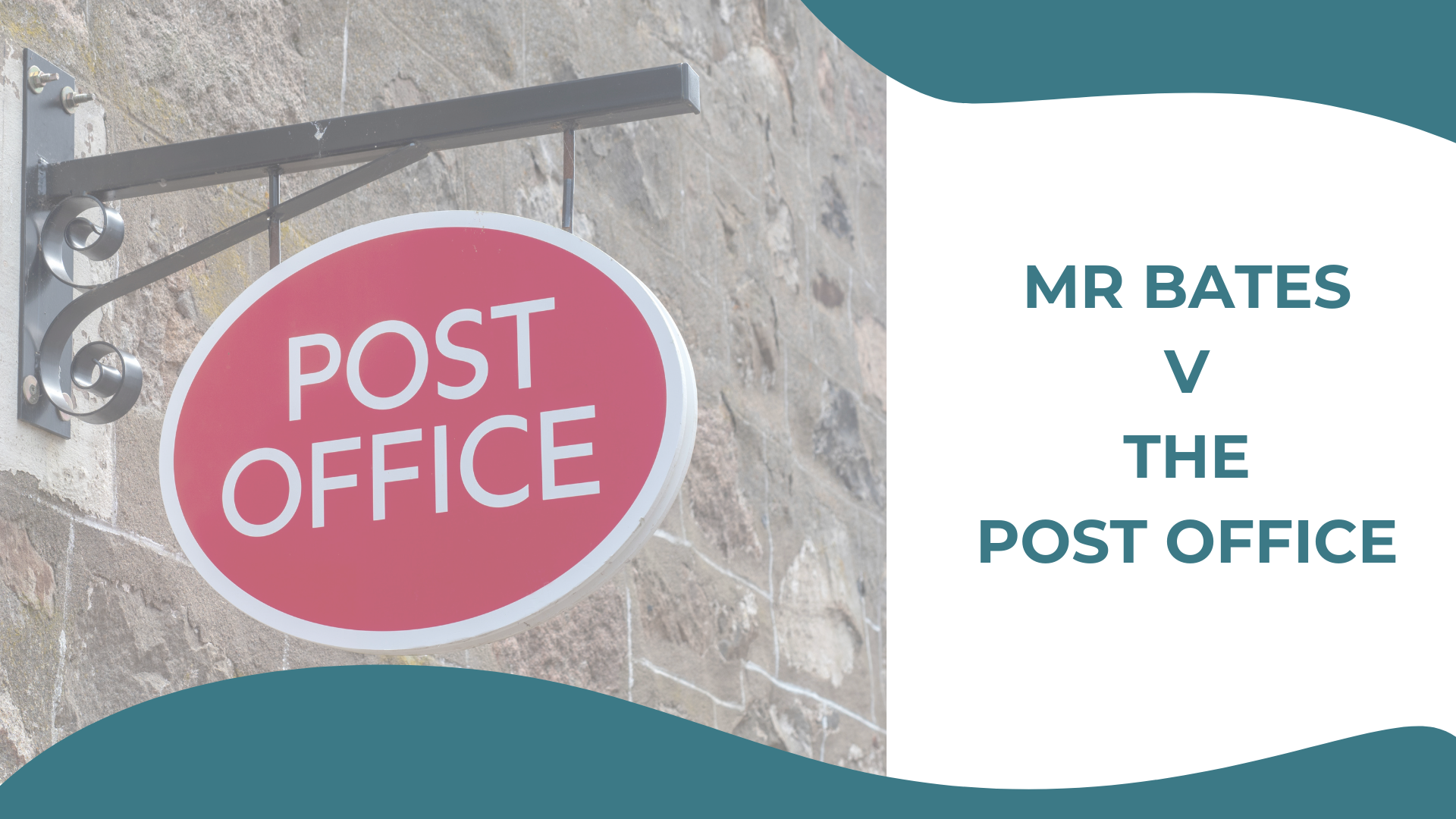On June 13th 2023 the Institute of Directors (IOD) celebrates its 120th anniversary. Originally formed in 1903 and awarded with the Royal Charter in 1906, the IOD was entrusted with three tasks:
- The promotion of free enterprise
- Lobbying government
- Setting standards for corporate governance.
Since those early years, the UK has developed and maintained a world-leading reputation for the quality of its corporate governance regime. In 1992 the publication of the Cadbury Report on the financial aspects of corporate governance was considered to be truly ground-breaking and the Cadbury Code of Best Practice has been adopted by many countries.
This doesn’t mean that having standards for good governance is without its critics. Brian Cheffins, a Professor of corporate law at Cambridge University shocked recently when he called for the abolition of the existing Code because he believed that compliance has become a ‘tick box’ exercise.
Cheffins has a point. What he highlights is the difference between obeying the letter of the law and following the spirit of the law. Companies are run by intelligent people who can use a little of their brainpower to demonstrate that they are obeying the letter of the law.
What makes for good governance is when business leaders understand the value working to the spirit of the law brings to their organisations – when they value competence, governance, transparency and accountability.
Is abolishing the Code the answer?
We don’t think so and nor do policymakers, who are reluctant to abolish such a highly regarded standard in corporate governance (and who consider self-regulation to be a backward step).
In our work with Boards, we see the value when Boards have a clear understanding of the governance code they aim to abide by, as it provides real clarity on the direction of travel. A governance framework clearly sets out what is expected in terms of the Boards duties with respect to direction setting, assurance and advising. Without a governance framework a Board is like a ship without a rudder.
What Cheffins rightly points out is that a legal framework or governance Code cannot possibly cover all the bases. Other ways need to be found to assure greater accountability. The most obvious are regular independent Board evaluations which get under the skin of what is really going on.
What does a good Board evaluation look like?
Focusing solely on the formal aspects (policies, systems, structures) gives an incomplete picture and typically misses out on the human elements that get in the way of Board effectiveness e.g. working relationships, stakeholder engagement & psychological safety. We have found that improving governance requires a holistic approach.
When evaluating a Board, using desk research, observation, diagnostic ratings, and confidential interviews with individual Board members all play a part in exploring how well a governance code is understood by the Board members and how well the Board meets the requirements set out in that Code. Crucially the aim of such a Board evaluation is to provide a development opportunity for the organisation in question. When recommendations, resulting from a Board evaluation, are translated into action, the Board evaluation becomes a valuable process for improving governance.
Such improvements cannot be codified in law because their application depends on the goodwill of the people in charge and an understanding that it’s the spirit of the law that makes the greatest difference.
Bono may not be the first person you would turn to as an advocate for good governance, but his words come from a lived experience of setting up campaigning organisations. In his book ‘Surrender’ (a brilliant read by the way) he makes the point that without the boring, non-shouty stuff it would be easy for these organisations to fail because of poor leadership and accountability.
The IOD has been doing the boring, non-shouty stuff for a very long time. The heightened profile and scrutiny of our organisations and their leaders means we arguably need good governance more now than ever before. We congratulate the IOD on the role it has played for 120 years in flying the flag of good governance and hope its voice continues to carry weight and relevance in the years to come.
Mightywaters works with Boards across different sectors and have a tried and tested approach to develop Board effectiveness. Recent clients include the Premier League team Brentford FC, Newcastle International Airport and the UK Sports Institute.
If you are a Board Chair, Trustee/NED or Board Director and believe there is unlocked potential in your Board, do get in touch: contact@mightywaters.co.uk
Very best wishes,
The Mightywaters Team




